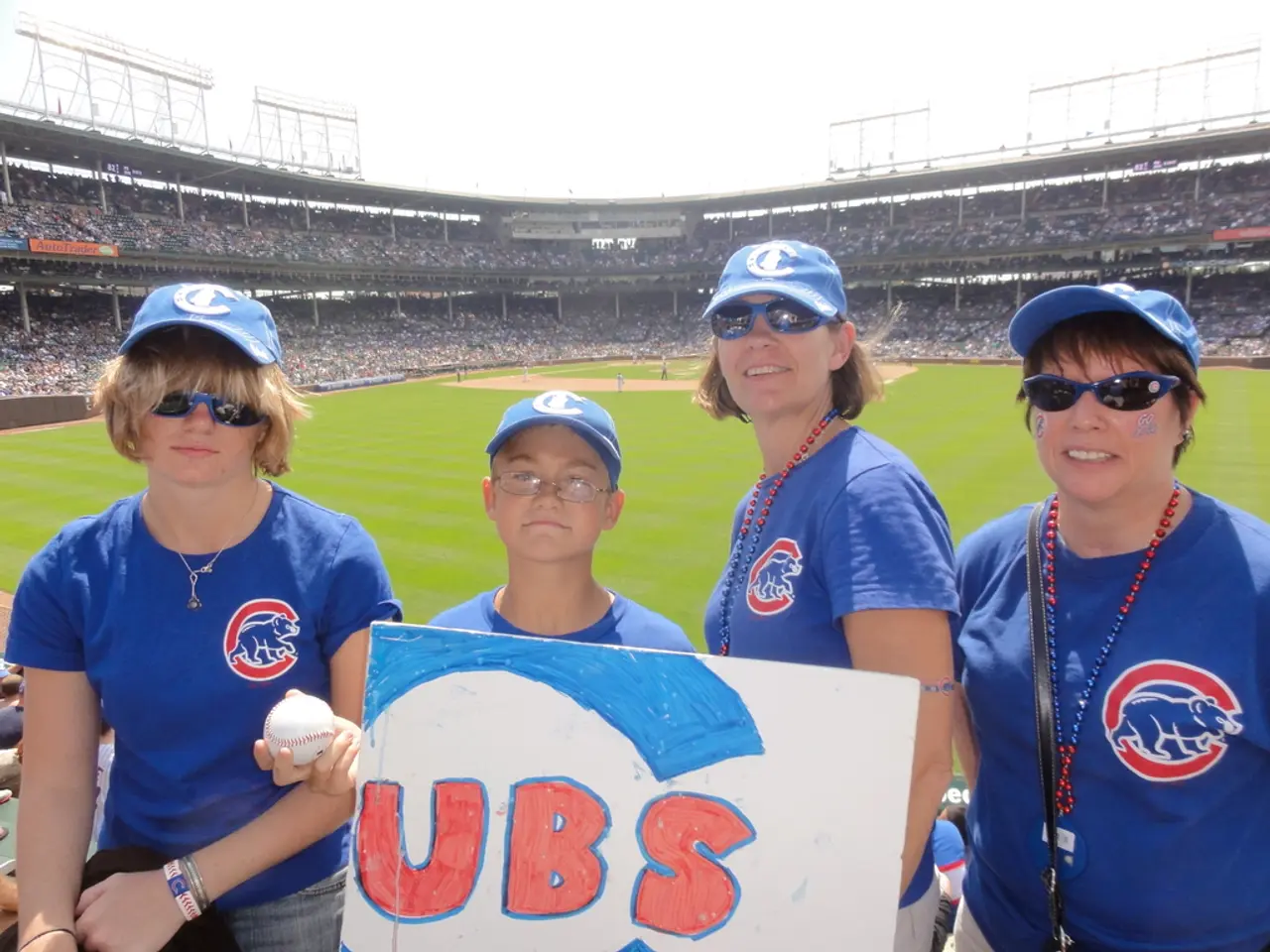Football spectators in England are now allowed to consume alcohol during games, a policy that also applies to women.
The English Women's Super League (WSL) has announced an expansion of a pilot project that began in January, allowing alcohol on the terraces at football matches in Liverpool and Manchester. This move comes in response to the positive results from the initial testing and the growing support from fans.
The Initial Pilot Project
Last season, alcohol consumption was tested at selected matches of four clubs in the second-tier WSL2, previously known as the Women's Championship. The pilot project was met with no security incidents, and 66 percent of fans supported its continuation.
Expansion to First-Division Clubs
The expansion of the pilot project will include first-division clubs in the WSL. This means that fans of Arsenal, Chelsea, Everton, Liverpool, London City Lionesses, Manchester City, and Manchester United will now be able to enjoy alcohol at stadiums. A total of 14 teams are involved in the expanded pilot project, with 7 from the top tier (WSL).
Historical and Regulatory Differences
In English men's football, alcohol consumption in stands with pitch views has been banned since 1985 to curb hooliganism prevalent at the time. This ban applies to the top five tiers of men's football, restricting alcohol to corporate hospitality areas and preventing fans from drinking alcohol while watching matches directly.
In contrast, women’s football traditionally attracts a different fanbase with generally lower levels of hooliganism and crowd violence. This has allowed for more relaxed rules regarding alcohol consumption in some venues hosting women’s matches, such as parts of Liverpool and Manchester.
Current Debates
Recent discussions within the UK Parliament and football governance (e.g., the 2025 Football Governance Bill debates) highlight a push to revisit and potentially end the two-tier approach to alcohol restrictions in football. However, as of mid-2025, the official ban remains for men's tiered football grounds, while some women’s matches enjoy exemptions, reflecting current regulatory distinctions and evolving attitudes toward football fan culture.
The Impact of the Pilot Project
No change in fan behavior was reported during the initial testing by the WSL, and the same was true during the pilot project. All clubs from the two highest leagues (WSL and WSL2) were offered the opportunity to participate in the expansion of the alcohol test run. The expansion of the pilot project to include first-division clubs (WSL) is a response to the positive results from the initial testing in the second-tier WSL2.
In summary, the expansion of the pilot project allows for more relaxed rules regarding alcohol consumption at women's football matches in cities like Liverpool and Manchester. This is due to the lower risk of violence, different fan demographics, and regulatory differences tied to concerns about hooliganism and crowd behavior in men's football.
- The expansion of the alcohol pilot project, initially tested in the Woman's Championship, will now extend to first-division clubs in the Women's Super League (WSL), enabling fans of Arsenal, Chelsea, Everton, Liverpool, London City Lionesses, Manchester City, and Manchester United to enjoy alcohol at stadiums.
- The science of crowd behavior and precedents in women's health and wellness has been crucial in shaping the decision to conduct the pilot project, as traditionally women's football attracts a different fanbase with lower levels of hooliganism compared to men's football.
- The growing support for sports like football among women is pushing the boundaries of health-and-wellness norms, as the ongoing pilot project in health-and-wellness venues demonstrates, with more clubs anticipating the potential benefits for their fans and the overall women's health and wellness scene.




